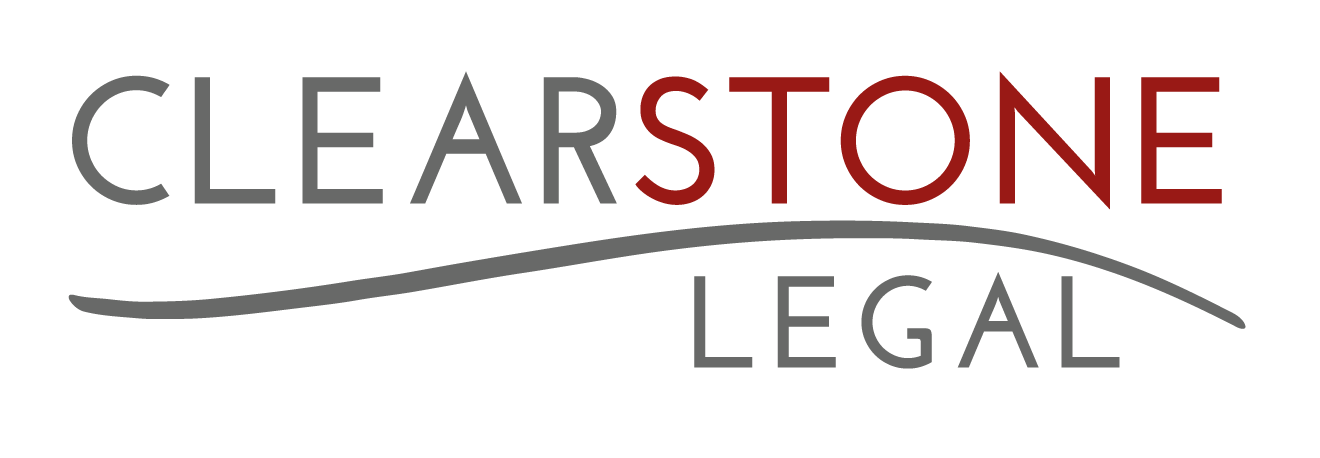ClearStone Legal is a modern law firm offering everyday legal solutions for everyday people - like you!
What you should know about Retirement Villages
Moving to a retirement village is a big decision — it's important to get independent advice and understand how the finances work. To buy a unit in a retirement village is quite different from purchasing a house. When you buy an apartment or villa in a retirement village you are actually purchasing the right to occupy and you do not get outright ownership and a Record of Title, as you would, when buying a house.
As there are different providers, the Occupation Right Agreements (ORA’s) are all slightly different. You need to pay a deposit of between $2,000 and $10,000 to secure the unit when you submit the application. The village will usually request a medical report as well as updated wills and Enduring Powers of Attorneys (EPA’s). We will help you to update your wills and getting your EPA’s sorted, while we assist you with the process of buying the unit in the retirement village.
Most villages are happy to make your purchase in the retirement village conditional on the selling of your existing home, so that you can use the proceeds of your sale to pay for your unit in the village. The apartment usually come with various appliances and fittings. Often you need to pay extra if you require a carpark in the village.
You have the right to cancel the agreement in writing within 15 working days after the date you sign the agreement. In terms of legislation and for your protection, you may only sign the agreement after your solicitor has explained the agreement to you. If you do decide to cancel the Agreement within this time, then you will receive a full refund of any monies paid by you.
The purchase price or entry payment is usually split in two components in terms of the agreement: The maximum facility contribution of around 30% of the purchase price and the exit payment which is paid back to you when the agreement is ended: That is when you decide to move or if you pass away while living in the village. Usually if you stay longer than 5 years, the village will deduct the total amount and then only the exit payment balance of about 70% will be paid to you or your estate, depending on the circumstances. You will only get your money back once your unit has been sold to a new resident and after the village has received their purchase price. In addition, you are also responsible for monthly outgoings which varies according to the outgoings of the village, the extra services, and the utilities you use.
Although there are many benefits of living in a retirement village, like the community, security, shared facilities and care and yes, finally no more gardening and maintenance! - you need to understand that this is not like a personal property that increases in value at the same rate. Immediately upon deciding to leave the village you could lose up to 30% your purchase price. Most people entering into the Retirement Village do so knowing that they will not be leaving the village to occupy their own property again.
If you’re thinking about making the move, feel free to give us a call for some obligation-free advice.
Yolandie Rivas is a Legal Executive for ClearStone Legal.
p: 09 973 5102


